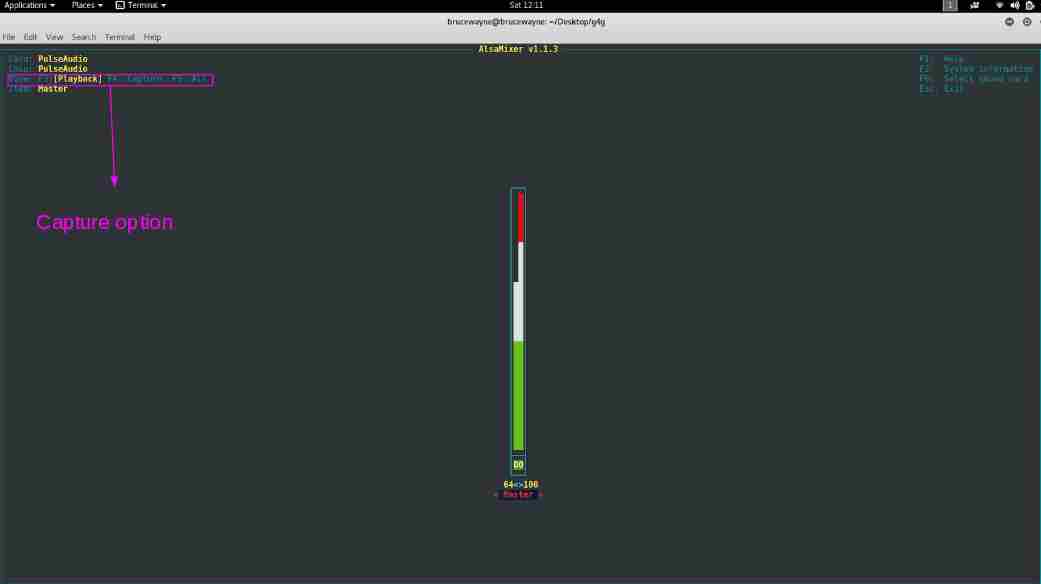全局变量 是指未在任何函数中定义且具有全局范围的函数 局部变量 是在函数内部定义的,其范围仅限于该函数。换句话说,我们可以说局部变量只能在初始化它的函数内部访问,而全局变量可以在整个程序和每个函数内部访问。
局部变量
局部变量是在函数内部初始化的变量,只属于该特定函数。它不能在函数之外的任何地方访问。让我们看看如何创建局部变量。
例子: 创建局部变量
Python3
def f(): # local variable s = "I love Geeksforgeeks" print (s) # Driver code f() |
I love Geeksforgeeks
如果我们尝试在函数之外使用这个局部变量,那么让我们看看会发生什么。
例子:
Python3
def f(): # local variable s = "I love Geeksforgeeks" print ( "Inside Function:" , s) # Driver code f() print (s) |
输出
NameError: name 's' is not defined
全局变量
全局变量是在任何函数外部定义的,并且在整个程序中都可以访问的变量,即在每个函数内部和外部。让我们看看如何创建全局变量。
例子: 定义和访问全局变量
Python3
# This function uses global variable s def f(): print ( "Inside Function" , s) # Global scope s = "I love Geeksforgeeks" f() print ( "Outside Function" , s) |
Inside Function I love GeeksforgeeksOutside Function I love Geeksforgeeks
变量s被定义为全局变量,在函数内部和外部都使用。
注: 由于没有局部变量,因此将使用全局变量的值。
现在,如果函数内部以及全局初始化了一个同名变量,该怎么办。现在问题来了,局部变量会对全局变量产生一些影响吗?反之亦然。如果我们改变函数f()中变量的值,会发生什么?它也会影响全球吗?我们在下面的代码中测试它:
Python3
# This function has a variable with # name same as s. def f(): s = "Me too." print (s) # Global scope s = "I love Geeksforgeeks" f() print (s) |
输出:
Me too.I love Geeksforgeeks.
如果在函数范围内也定义了同名变量,那么它将只打印函数内给定的值,而不打印全局值。
问题是,如果我们试图改变函数中全局变量的值会怎样。让我们看看下面的例子。
例子:
Python3
# This function uses global variable s def f(): s + = 'GFG' print ( "Inside Function" , s) # Global scope s = "I love Geeksforgeeks" f() |
输出
UnboundLocalError: local variable 's' referenced before assignment
为了使上述程序正常工作,我们需要使用“global”关键字。让我们看看这个全局关键字是什么。
全局关键字
我们只需要使用 全局关键字 在函数中,如果我们想进行赋值或更改全局变量。打印和访问不需要global。Python“假定”由于f()内部的s赋值,我们需要一个局部变量,因此第一条语句抛出错误消息。在函数内部更改或创建的任何变量,如果没有声明为全局变量,都是局部变量。为了告诉Python我们想要使用全局变量,我们必须使用关键字 “全球” ,如下例所示:
例1: 使用全局关键字
Python3
# This function modifies the global variable 's' def f(): global s s + = ' GFG' print (s) s = "Look for Geeksforgeeks Python Section" print (s) # Global Scope s = "Python is great!" f() print (s) |
Python is great! GFGLook for Geeksforgeeks Python SectionLook for Geeksforgeeks Python Section
现在已经没有歧义了。
例2: 使用全局和局部变量
Python3
a = 1 # Uses global because there is no local 'a' def f(): print ( 'Inside f() : ' , a) # Variable 'a' is redefined as a local def g(): a = 2 print ( 'Inside g() : ' , a) # Uses global keyword to modify global 'a' def h(): global a a = 3 print ( 'Inside h() : ' , a) # Global scope print ( 'global : ' , a) f() print ( 'global : ' , a) g() print ( 'global : ' , a) h() print ( 'global : ' , a) |
global : 1Inside f() : 1global : 1Inside g() : 2global : 1Inside h() : 3global : 3
本文由 Shwetanshu Rohatgi .如果你喜欢GeekSforgek,并想贡献自己的力量,你也可以使用 写极客。组织 或者把你的文章寄去评论-team@geeksforgeeks.org.看到你的文章出现在Geeksforgeks主页上,并帮助其他极客。 如果您发现任何不正确的地方,或者您想分享有关上述主题的更多信息,请写下评论。


![关于”PostgreSQL错误:关系[表]不存在“问题的原因和解决方案-yiteyi-C++库](https://www.yiteyi.com/wp-content/themes/zibll/img/thumbnail.svg)





